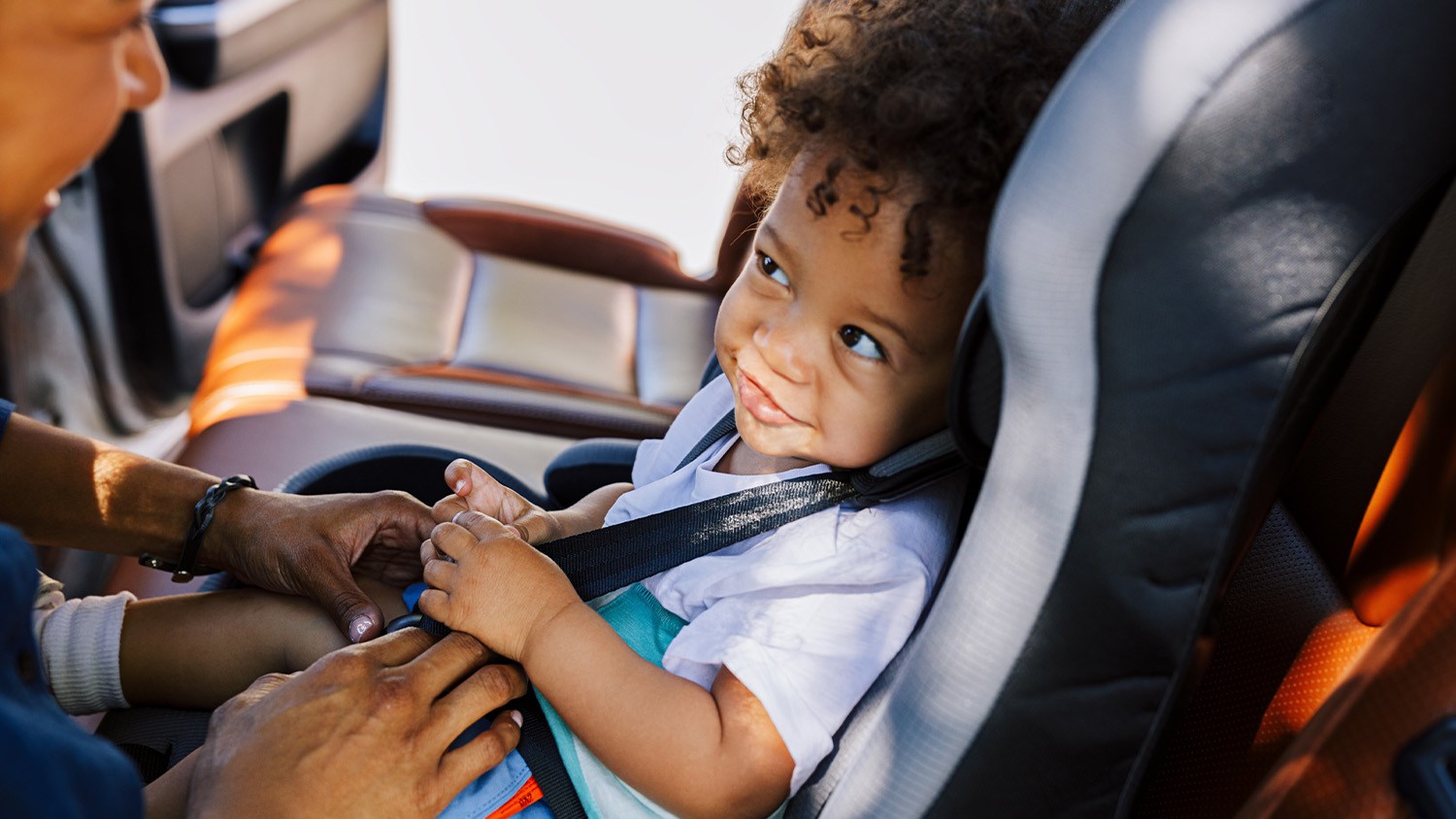MEMPHIS, Tenn. — How will the greater effects of the Tyre Nichols death case impact crime in Memphis? Experts point to other cities as a model for predictions.
When Freddie Gray died in the custody of the Baltimore Police, it changed the course of that city’s history.
“Damaged our city in a variety of ways and harmed trust between police and community,” said Daniel Webster, a professor at Johns Hopkins University who studies gun violence.
He said police and the community both disengaged.
“You’re less likely to share information with them. You’re less likely to obey laws,” Webster said. “Almost overnight our rate of gun violence increased by 65 to 70 percent.”
In Chicago, Webster said the police killing of Laquan McDonald ushered in a similar change.
“In 2016 Chicago’s rate of gun homicides and gun shootings went up dramatically,” he said.
In the McDonald case, Chicago authorities waited a year to release video.
Memphis and Shelby County leaders said their quick response in the Nichols case made a difference.
► Continuing coverage: The Tyre Nichols case
“The biggest thing we can do has been done. Those people were immediately fired and aggressively prosecuted,” Memphis Mayor Jim Strickland said.
But with more than a dozen cops under investigation, people still question the tactics and culture of MPD.
We asked Webster if he had a prediction for what could happen in Memphis in the coming years.
“It really depends upon what the response is there locally,” he said.
The most important factor will be how the police department changes its practices, he said. Strickland has already asked the DOJ and the International Association of Chiefs of Police to investigate.
“I don’t know if that’s going to do the trick. It has to do with a reckoning and reconciliation between communities that feel MPD has not had their interest,” Webster said.
City Councilmember Martavious Jones thought the same thing. On February 7, he told Police Chief C.J. Davis she had to meet with the public: “Going forward to rebuild the trust, we gonna be town hall meeting out.”
“I am open, willing, and available to have those forums,” Davis responded.
As for the police department itself, Webster said leadership must revamp the way they track effectiveness and move away from counting arrests and weapons: “Are you lowering rates of violence? Are you getting community cooperation, compliance, and assistance with your investigations? Are you lowering rates of excessive force?”
He said in Baltimore, those changes have brought slow progress; while most cities’ crime rates went up during the pandemic, Baltimore’s remained the same.
It’s a modest win for a city still struggling to find its footing.
► DO YOU NEED A STORY INVESTIGATED? WREG Investigators want to hear from you! Call our tip line at 901-543-2378. You can also send an email to wreginvestigators@nexstar.tv.

















